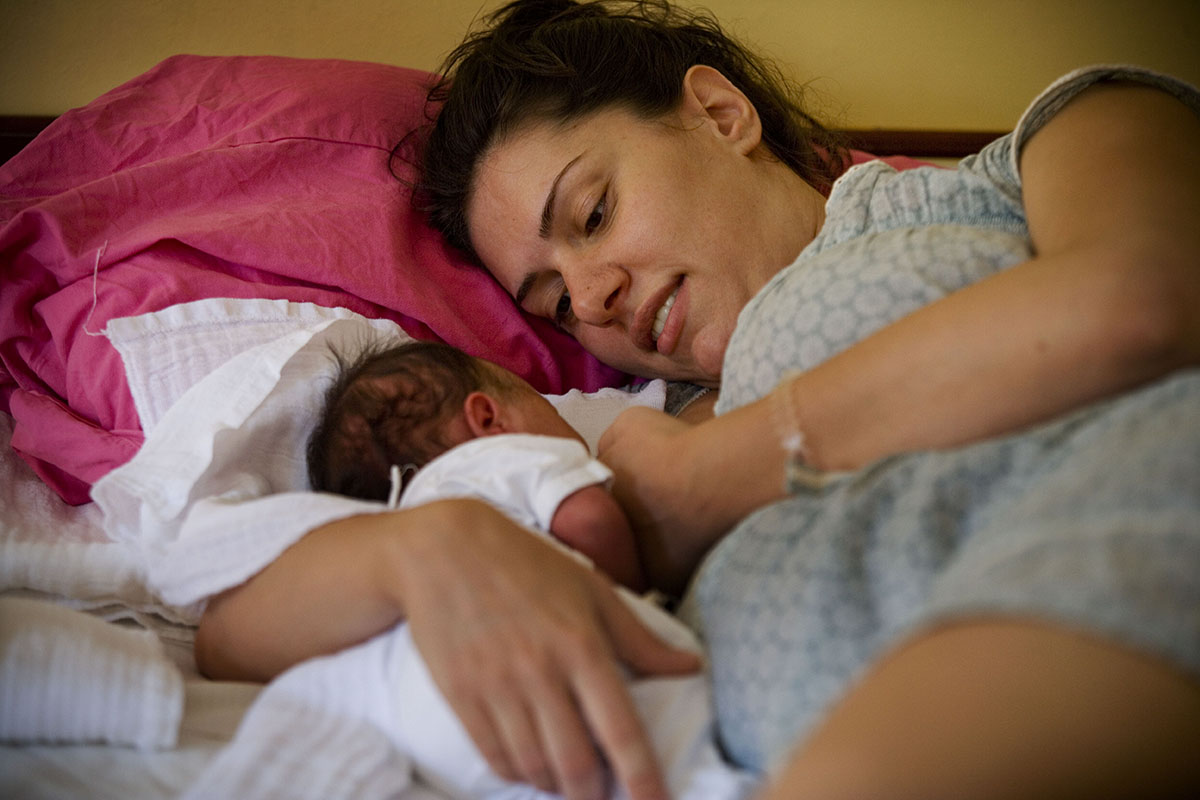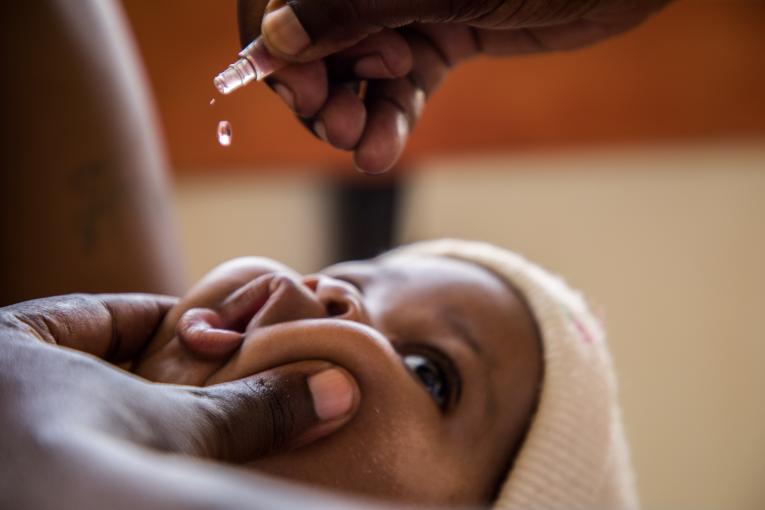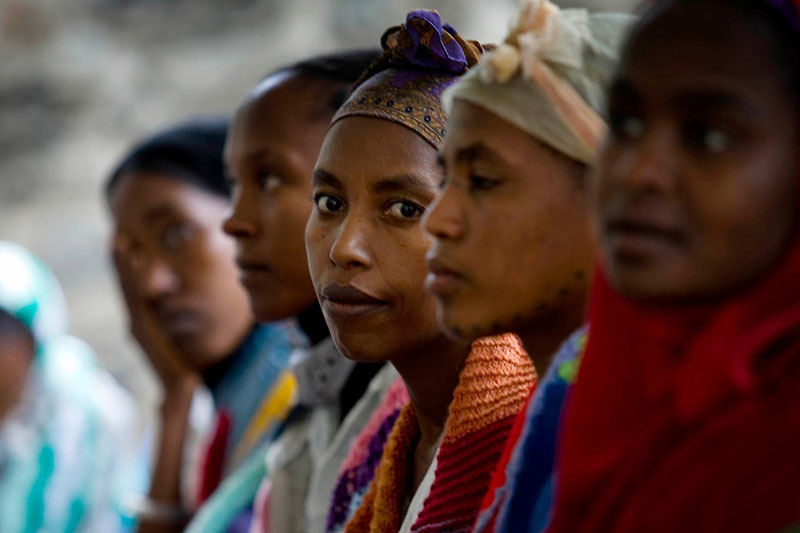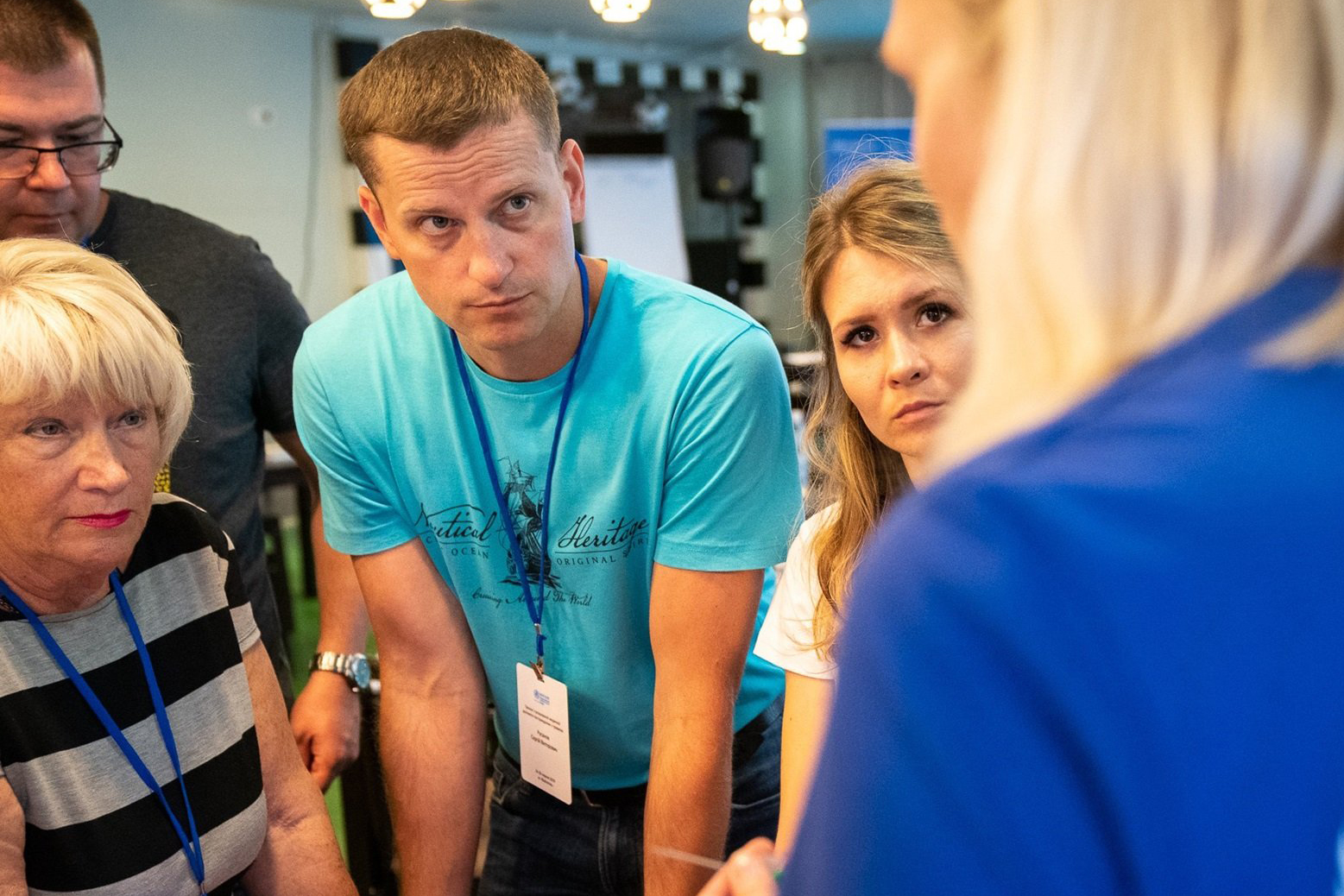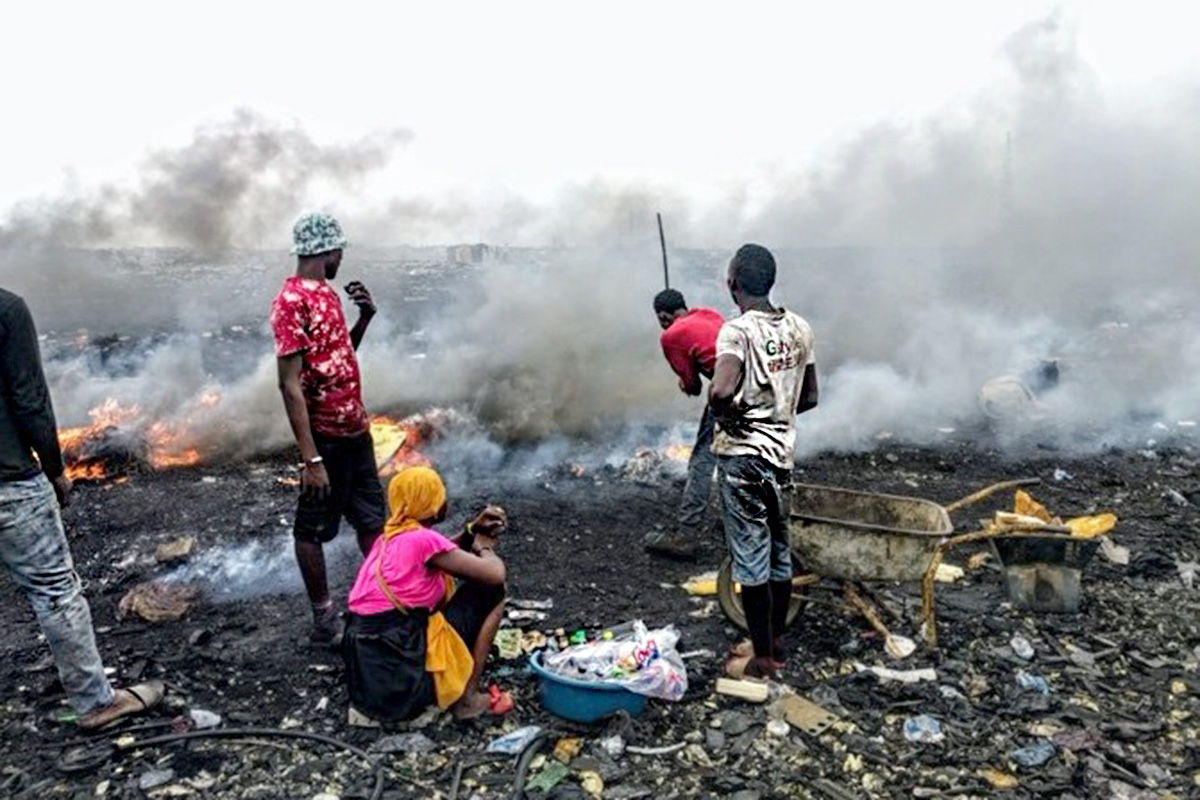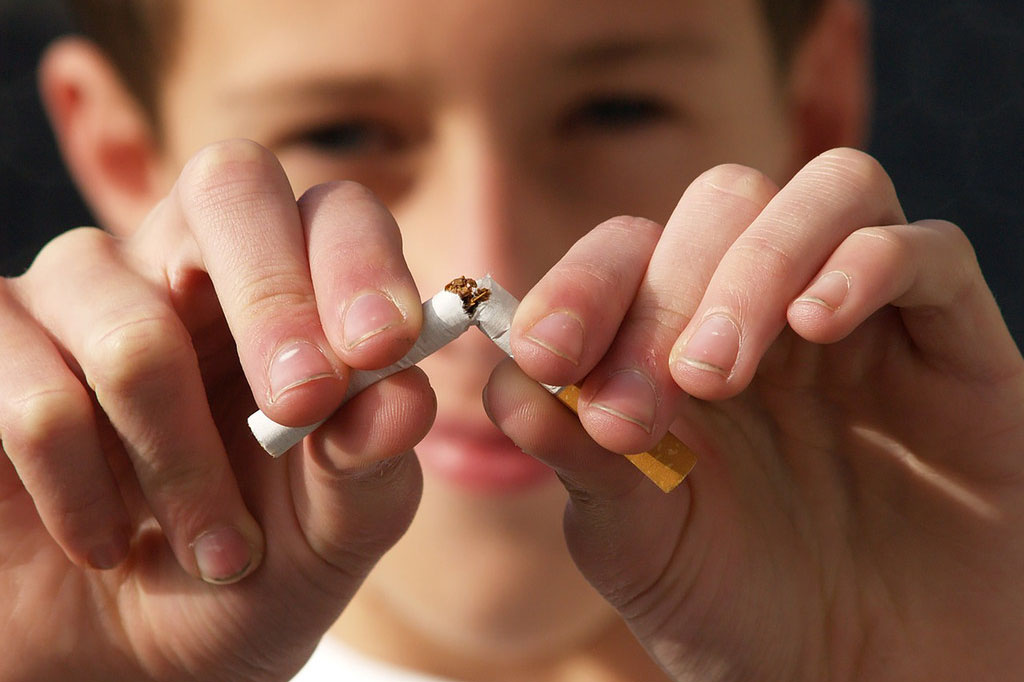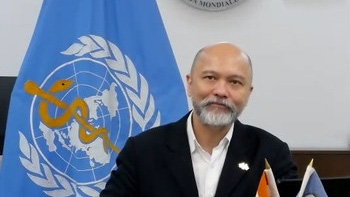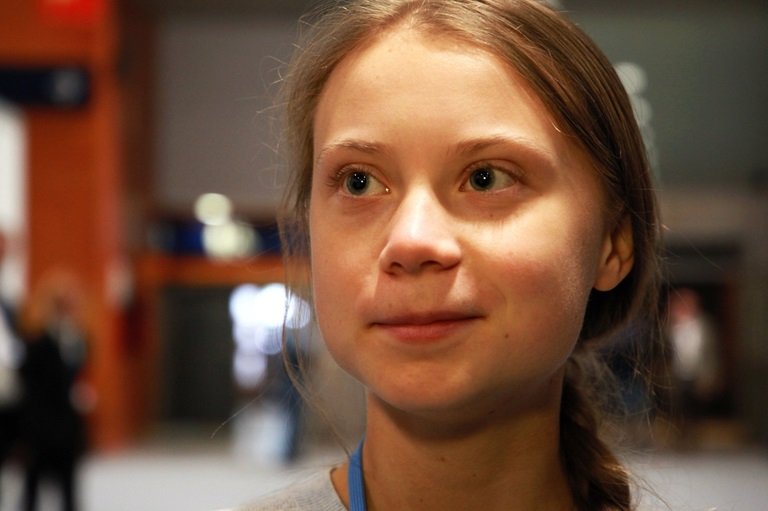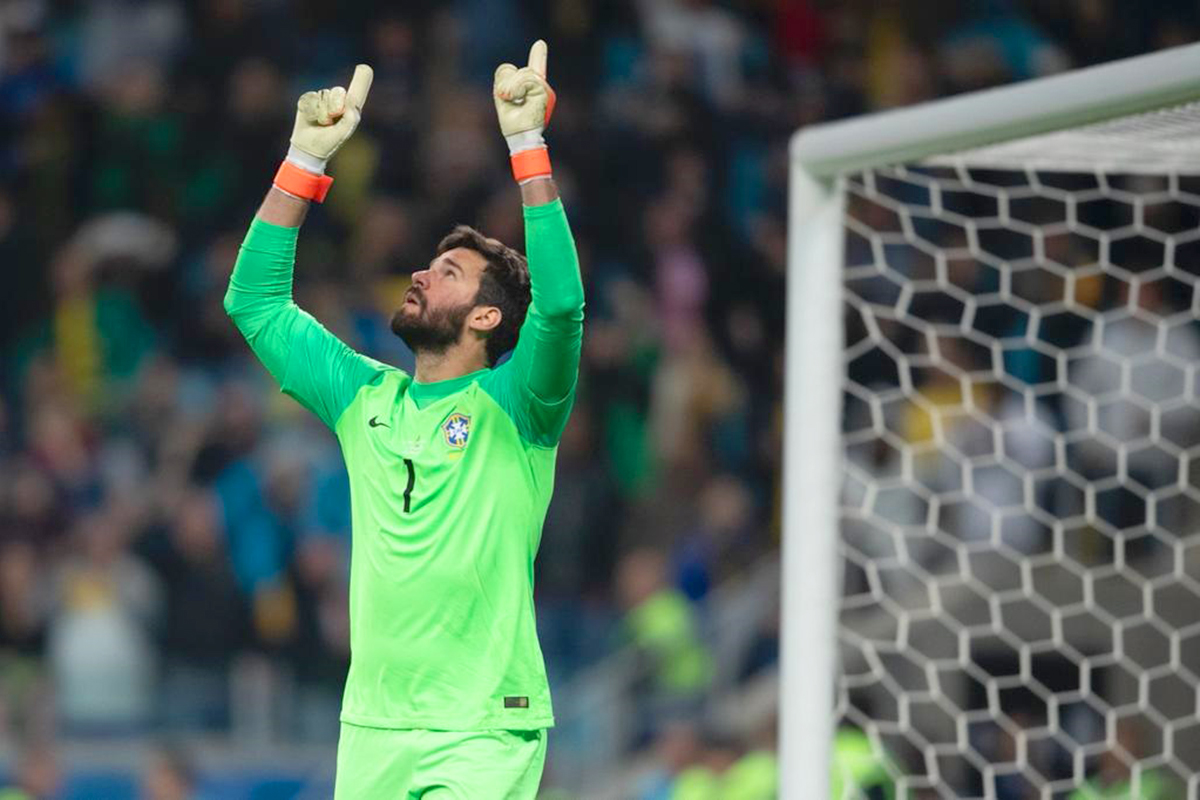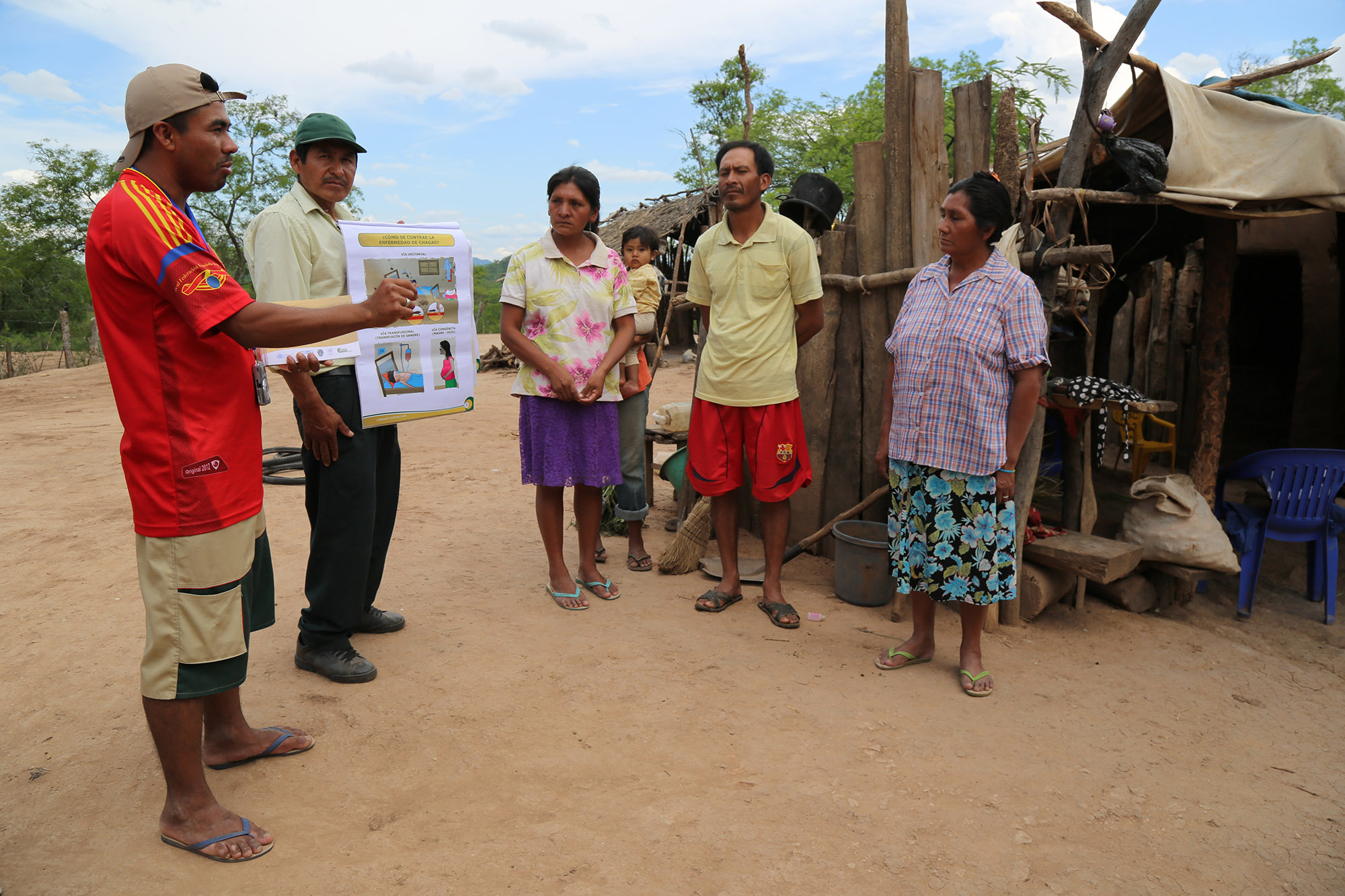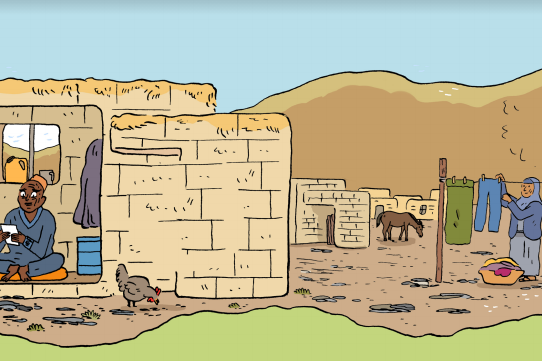WHO invites us to learn about the development of vaccines. From clinic trials and emergency use listing to production, transportation, storage and final administration by local health workers – follow the journey of a vaccine.
WHO
This week, as countries around the world celebrate World Breastfeeding Week, the United Nations calls on all stakeholders to support breastfeeding. Breastfeeding provides every child with the best possible start in life. It delivers health, nutritional and emotional benefits to both children and mothers. And it forms part of a sustainable food system. But while breastfeeding is a natural process, it is not always easy. Mothers need support – both to get started and to sustain breastfeeding.
23 million children missed out on basic childhood vaccines through routine health services in 2020, the highest number since 2009 and 3.7 million more than in 2019. WHO/UNICEF data shows that a majority of countries last year experienced drops in childhood vaccination rates. Up to 17 million children – likely did not receive a single vaccine during the year, widening already immense inequities in vaccine access. Most of these children live in communities affected by conflict, in under-served remote places, or in informal or slum settings where they face multiple deprivations including limited access to basic health and key social services.
The World Health Organization announced multiple commitments focused on ending gender-based violence; advancing sexual and reproductive health and rights; and supporting health workers as well as feminist movements and leadership.
Suicide remains one of the leading causes of death worldwide, according to WHO’s latest estimates. Among young people aged 15-29, suicide is the fourth leading cause of death. In 2019, more than 700,000 people died by suicide: one in every 100 deaths, prompting WHO to produce new guidance to help countries improve suicide prevention and care. Currently only 38 countries are known to have a national suicide prevention strategy. To support countries in their efforts, WHO has released guidance for implementing its LIVE LIFE approach to suicide prevention.
Effective and binding action is urgently required to protect the millions of children, adolescents and expectant mothers worldwide whose health is jeopardized by the informal processing of discarded electrical or electronic devices, according to a new WHO report. As many as 12.9 million women work in the informal waste sector, which potentially exposes them to toxic e-waste and puts them and their unborn children at risk. Meanwhile more than 18 million children and adolescents are actively engaged in the informal industrial sector, of which waste processing is a sub-sector.
The COVID-19 pandemic has led to millions of tobacco users saying they want to quit. Nearly 60% of tobacco users around the world want to quit smoking, but only 30% of the global population has access to quality tobacco cessation services. Currently, only 23 countries provide comprehensive services to help tobacco users to quit. In its annual campaign against the tobacco epidemic launched for World No Tobacco Day (31 May), the World Health Organization wants to help 100 million people quit tobacco use through “quit & win” initiatives. Commit to quit today and sign the pledge!
3 May 2021 - The United Nations has deployed all the personnel and resources at its disposal to help Indians deal with the deadly surge in COVID-19 that has seen more than 300,000 reported new cases per day, for almost two weeks now, and left many hospitals overwhelmed.
Romain Grosjean, French-Swiss professional racing driver competing in the NTT INDYCAR SERIES for 2021 is announcing his support for the WHO Foundation. Romain will race with the WHO Foundation logo prominently displayed on his race suit and helmet this year.
While immunization services have started to recover from disruptions caused by COVID-19, millions of children remain vulnerable to deadly diseases, the World Health Organization (WHO), UNICEF and Gavi, the Vaccine Alliance warned during World Immunization Week, highlighting the urgent need for a renewed global commitment to improve vaccination access and uptake. A WHO survey has found that, despite progress when compared to the situation in 2020, more than one third of respondent countries (37%) still report experiencing disruptions to their routine immunization services.
Greta Thunberg's foundation will donate 100,000 Euros to the WHO Foundation, in support of COVAX to purchase COVID-19 vaccines, as part of the global effort to ensure equitable access of vaccines to the most at-risk in all countries.
Champion goalkeeper Alisson Becker, WHO Goodwill ambassador for health promotion, is kickstarting a new global WHO fundraising campaign, titled “Give a Breath for Health”. The initiative aims to support the delivery of oxygen and other life-saving supplies to health facilities treating patients with COVID-19 around the world. The first donation to the campaign, made by Alisson, will contribute with supplies to locations in the Amazon and collaborate with the efforts of the Pan American Health Organization (PAHO), and partners.
Today the global community celebrates the second World Chagas Disease Day. The event makes visible one of the most neglected tropical diseases, prioritized by the World Health Organization, as it continues to affect millions, worldwide. Chagas disease has been associated for a long time with mainly poor, rural and marginalized populations, subject to exclusion. It is time we end this neglect and the social stigma associated with infection that stands as a major barrier to effective screening, diagnosis, treatment and control.
COVID-19 has had a devastating impact on all our lives - but it’s affected some of us far more profoundly than others. That’s why WHO is urging all countries to take steps to build a fairer, healthier world.
The “Living with the Times” toolkit contains illustrated posters with key messages for older adults on how to maintain their well-being during the COVID-19 pandemic.

